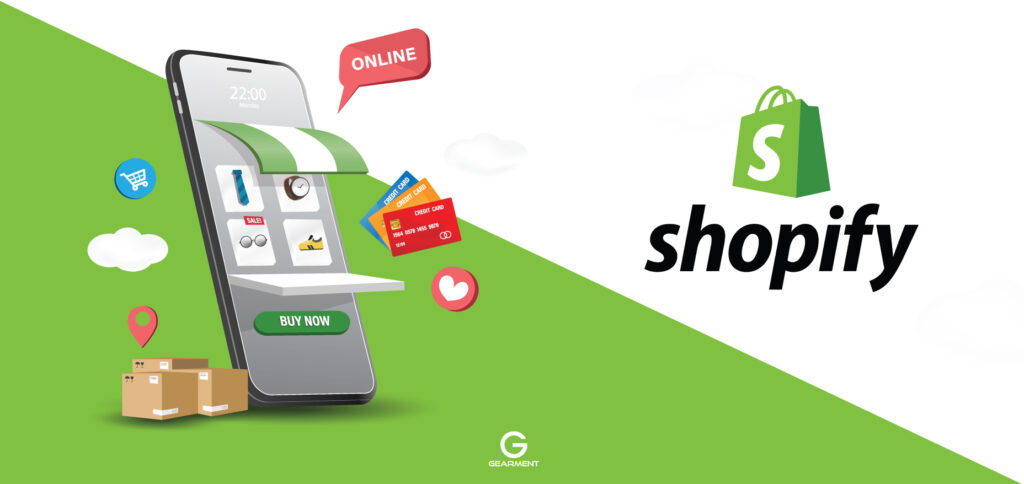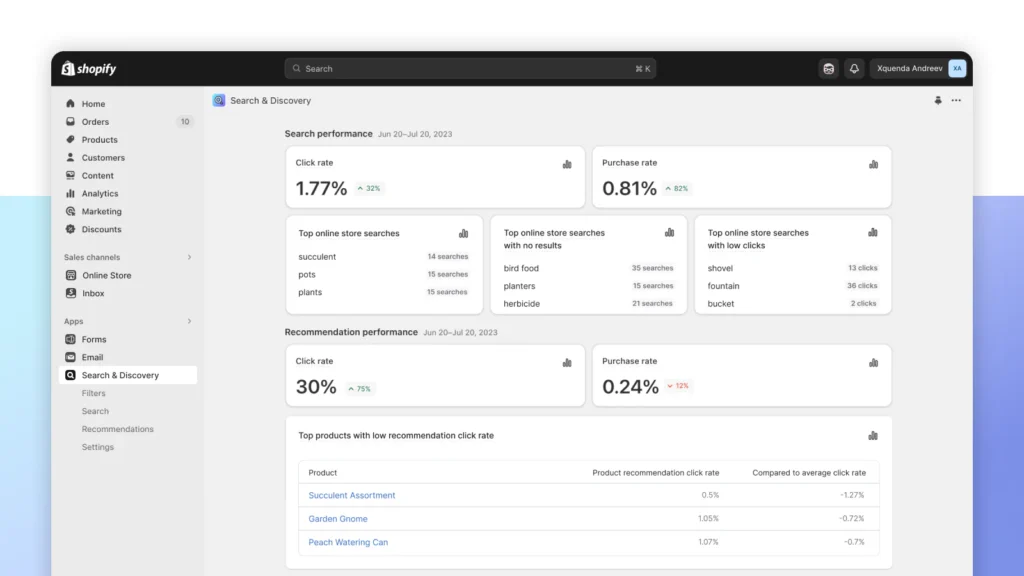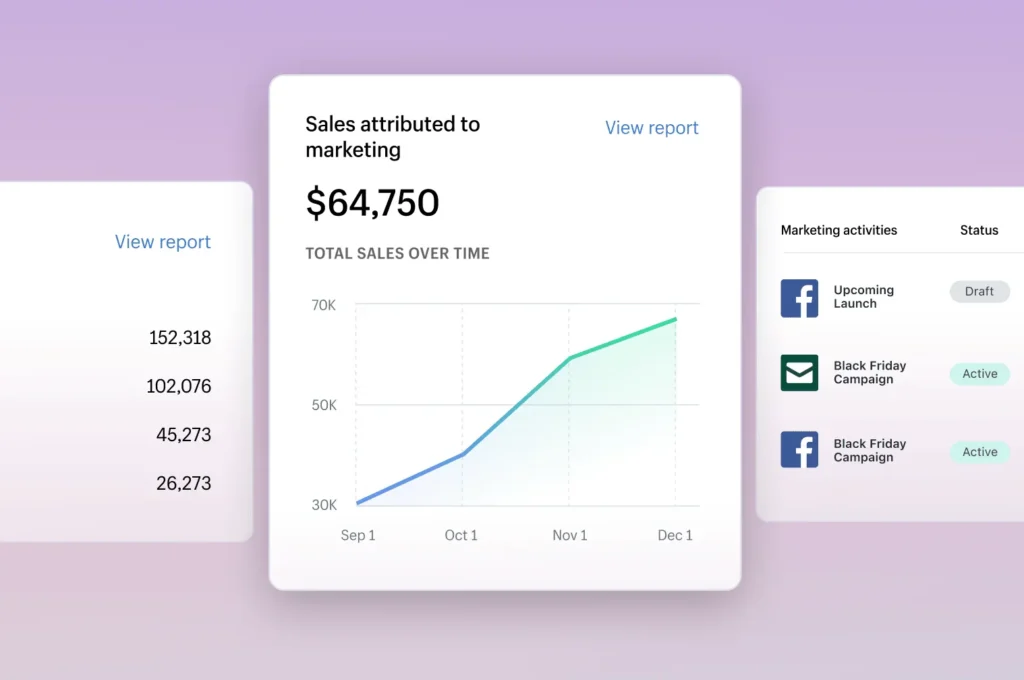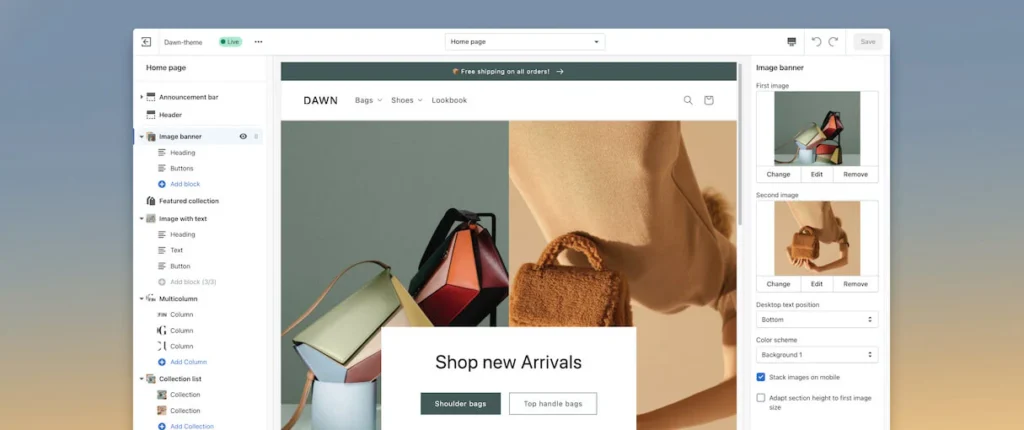Starting an online store has never been easier, thanks to platforms like Shopify. But before you dive in, it’s important to understand both the benefits and limitations. This comprehensive guide will help you determine if Shopify is the right choice for your e-commerce business.

Introduction
In the world of e-commerce, choosing the right platform is crucial. Shopify has become a go-to option for many entrepreneurs due to its user-friendly interface and extensive features. However, like any platform, it has its strengths and weaknesses. In this blog post, we’ll explore the pros and cons of Shopify to help you make an informed decision.
The Benefits of Shopify
- User-Friendly Interface
One of Shopify’s biggest selling points is its ease of use. Even if you have no prior experience with web design or coding, you can set up your online store with minimal hassle. The platform’s drag-and-drop interface makes it simple to customize your site to suit your brand.
- Comprehensive E-commerce Tools
Shopify offers a wide range of tools to help you manage your online store effectively. From inventory management to payment processing, Shopify provides everything you need to run your business. The platform supports multiple payment gateways, making it easy for customers to complete their purchases.

- Mobile Responsiveness
With more consumers shopping on their mobile devices, having a mobile-friendly website is essential. Shopify ensures that your online store is fully responsive, providing a seamless shopping experience on any device. This can lead to higher conversion rates and increased sales.
- SEO-Friendly
Search engine optimization (SEO) is critical for driving organic traffic to your online store. Shopify is designed with SEO in mind, offering features like customizable title tags, meta descriptions, and URL structures. This helps improve your store’s visibility on search engines, making it easier for potential customers to find you.
- Extensive App Store
Shopify’s App Store is a treasure trove of plugins and extensions that can enhance your store’s functionality. Whether you need advanced analytics, email marketing tools, or social media integration, there’s an app for that. These apps allow you to tailor your store to meet your specific needs.

- 24/7 Customer Support
Running an online store can be challenging, especially if you encounter technical issues. Shopify offers 24/7 customer support through various channels, including live chat, email, and phone. This ensures that you can get help whenever you need it, minimizing downtime and keeping your store running smoothly.
- Secure and Reliable
Security is a top priority for any online business. Shopify takes care of hosting and security, ensuring that your store is protected against threats. The platform is Level 1 PCI DSS compliant, meaning it meets the highest standards for payment data security. This gives you and your customers peace of mind.

The Limitations of Shopify
- Cost
While Shopify offers a lot of value, it comes at a price. The platform has several pricing plans, ranging from $29 to $299 per month, plus transaction fees. For small businesses or startups with tight budgets, these costs can add up. Additionally, some advanced features and apps may require additional payments.
- Limited Customization
Although Shopify’s themes are customizable, there are limitations to how much you can alter the design without coding knowledge. If you have specific design requirements, you may need to hire a developer to make the necessary changes. This can increase the overall cost of using the platform.
- Transaction Fees
In addition to monthly subscription fees, Shopify charges transaction fees if you use a payment gateway other than Shopify Payments. These fees range from 0.5% to 2% per transaction, which can eat into your profits. Using Shopify Payments can eliminate these fees, but it’s important to consider if this option is available in your country.

- Content Management Limitations
Shopify’s blogging capabilities are relatively basic compared to dedicated content management systems like WordPress. If content marketing is a significant part of your strategy, you might find Shopify’s blogging tools lacking. While it’s possible to integrate a more robust blogging platform, this can complicate your setup.
- Scalability Challenges
Shopify is designed to handle businesses of all sizes, but some users have reported scalability issues as their stores grow. Large stores with extensive product catalogs and high traffic volumes may experience slower load times and performance issues. While Shopify Plus offers solutions for high-volume merchants, it comes with a higher price tag.
- Limited Multilingual Support
If you’re targeting a global audience, multilingual support is essential. While Shopify offers basic multilingual capabilities through apps, it’s not as seamless as platforms that have built-in multilingual support. Managing multiple languages can become cumbersome, especially if you have a large catalog.
- Dependency on Apps
While Shopify’s App Store is a great resource, relying too heavily on third-party apps can have drawbacks. Each app you add can increase your monthly expenses and potentially slow down your site. Additionally, app compatibility issues can arise, leading to technical challenges that require resolution.

Conclusion
Shopify is a powerful e-commerce platform that offers a wide range of benefits for online store owners. Its user-friendly interface, comprehensive tools, and strong security make it an attractive choice for many entrepreneurs. However, it’s essential to consider the potential limitations, such as cost, customization constraints, and scalability challenges.
Ultimately, whether Shopify is right for you depends on your specific needs and budget. By carefully weighing the pros and cons outlined in this post, you can make an informed decision that aligns with your business goals.

Final Thoughts
Choosing the right e-commerce platform is a critical decision that can impact the success of your online business. Shopify offers a robust solution with many advantages, but it’s not without its drawbacks. Take the time to evaluate your options and consider what features are most important for your store.
If you’re just starting out and need a simple, reliable platform, Shopify could be an excellent choice. For those with more complex needs or a tight budget, exploring alternative platforms might be worthwhile. Remember, the best platform for your business is the one that meets your unique requirements and helps you achieve your goals. Happy selling!

